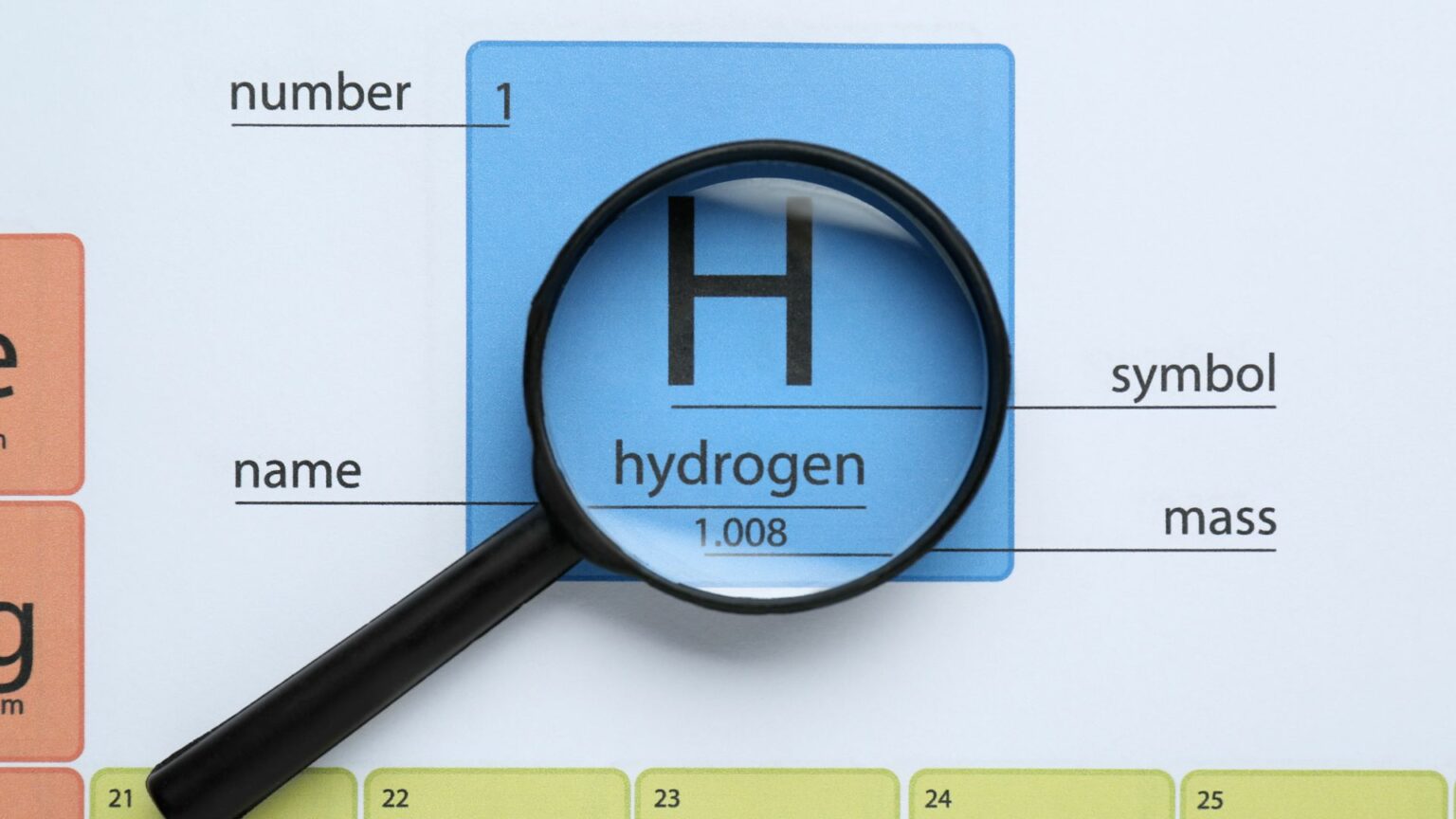Chile’s government has announced a recalibration of its green-hydrogen ambitions, signaling a shift in strategy as international demand softens. Speaking at Energy Week Santiago, Energy Minister Diego Pardow confirmed that the country will reduce its green-hydrogen production targets, with formal adjustments expected before March 2026, the end of the current administration’s term.
“The international market for green hydrogen has cooled down a bit,” Pardow said, noting that Europe has already lowered its goals in response to slower-than-expected uptake. Globally, developers are reacting similarly, with multiple projects canceled or postponed and investment plans scaled back.
Despite the cooling market, Chile continues to progress on environmental permitting for large-scale projects. Several “commercial scale” initiatives have either secured permits or are on the verge of approval, reflecting ongoing regulatory momentum. Among the active players are TotalEnergies, HIF Global, and other international developers, overseeing projects collectively valued at approximately $40 billion, currently under environmental impact assessment.
The government has not yet made a final decision regarding a concession held by an Enel unit in the capital, Santiago. This follows criticism of Enel over delayed power restoration after a 2024 storm, highlighting the intersection of energy infrastructure reliability and renewable ambitions. A decision on the concession is expected by a set deadline, underscoring Chile’s balancing act between regulatory enforcement and support for energy transition projects.
Chile’s adjustment in green-hydrogen targets illustrates the broader volatility in the sector, where ambitious production goals confront market realities. Analysts note that while the country remains strategically positioned to lead hydrogen exports from Latin America—owing to abundant renewable resources—developers and policymakers are increasingly assessing project viability against fluctuating global demand and evolving investment landscapes.
As total installed renewable capacity and hydrogen project pipelines continue to grow, Chile’s experience underscores the need for adaptable planning, robust environmental frameworks, and clear regulatory oversight to maintain competitiveness in a market still defining its long-term economics.
Stay updated on the latest in energy! Follow us on LinkedIn, Facebook, and X for real-time news and insights. Don’t miss out on exclusive interviews and webinars—subscribe to our YouTube channel today! Join our community and be part of the conversation shaping the future of energy.
